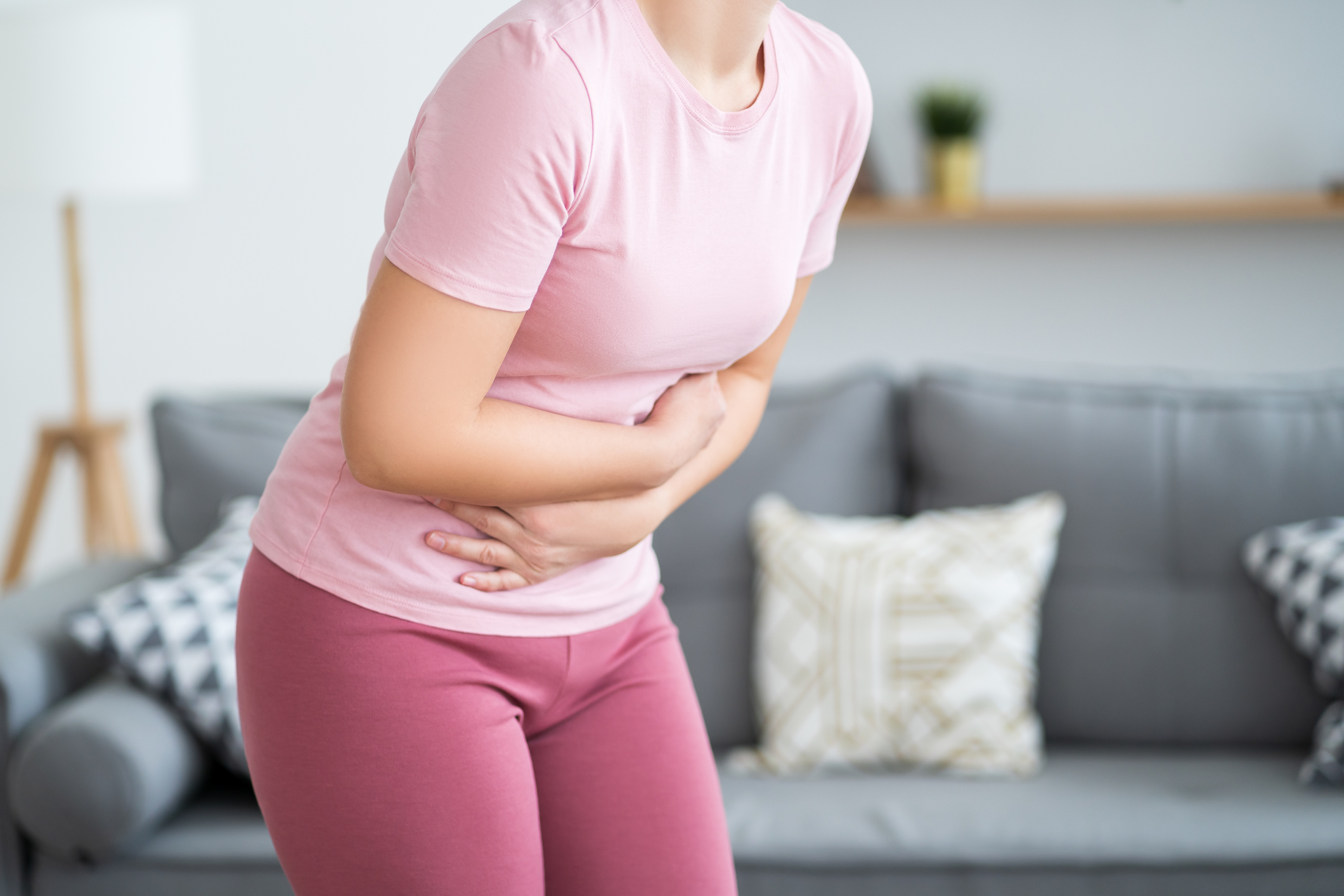

Few of us give our gallbladders any thought until trouble starts.
But this little organ does a lot, storing bile until it’s needed by the small intestine to digest fats and carry away toxins produced by the liver.
Several years ago, my mom had to have her gallbladder removed in a procedure known as a cholecystectomy. She just had too many gallstones, and they were starting to cause a painful and dangerous blockage in the bile duct.
She didn’t suffer too many short-term side effects after the procedure, and the ones she did diminished over time.
However, growing research indicates the long-term repercussions of gallbladder removal may be a lot more serious — including cancer.
Gallbladder removal and cancer risk
For instance, one study showed in the year before their diagnosis, 4.7 percent of patients with pancreatic cancer had a diagnosis of gallstone disease, with 1.6 percent of them requiring gallbladder removal. By contrast, only 0.8 percent of non-cancer patients had gallstones, with 0.3 percent having their gallbladders removed.
Now there’s evidence of a second and bigger cancer risk associated with gallbladder problems…
Drawing on data from large prospective cohorts using Mendelian randomization — a method that uses measured variation in genes of known function to strengthen the causal effect of a modifiable exposure on disease in observational studies — an international team of researchers conducted a large two-part analysis exploring the link between gallbladder health and kidney cancer.
In the first part of the study, the researchers examined the risk of kidney cancer in more than 16 million individuals from a Swedish database who were followed for about 13 years. During that time, some experienced gallbladder removal. They took into account the age at which the cholecystectomy occurred, as well as the time between the gallbladder removal and kidney cancer diagnosis.
Next, the researchers studied the causal effect of gallstones on kidney cancer risk based on data from more than 400,000 participants in the U.K. Biobank.
In their analyses, the team discovered that:
- In the first 6 months after gallbladder surgery, the risk of developing kidney cancer shot up by a whopping 279 percent.
- Patients who had a cholecystectomy before the age of 40 saw a 55 percent increase in their kidney cancer risk compared with those who did not.
- The risk of kidney cancer increases by almost 10 percent for every doubling of gallstone prevalence.
Excess bile acids could be the problem
The researchers have a couple of theories about the gallstones-kidney cancer link…
Study leader Dr. Justo Lorenzo Bermejo of the Institute of Medical Biometry at Heidelberg University in Germany told MedPage Today that it’s possible gallbladder removal could result in increased excretion of bile acids, which could lead to oxidative stress and damage to the kidneys that could lead to kidney cancer.
“Another possible explanation is that excess bile acids lead to increased synthesis of secondary bile acids, which in turn can alter Wnt/β-catenin signaling and promote cancer,” Bermejo says. “The Wnt gene pathway regulates a huge array of cellular functions, including proliferation, differentiation, renewal and apoptosis [cellular death].”
The results also suggest type 2 diabetes and smoking may mediate the effect of gallstones on kidney cancer. Cigarette smoke releases harmful chemicals that spread to the kidneys and can damage DNA, making it harder for kidney cells to repair themselves.
Bermejo told MedPage Today the study emphasizes the compelling need to screen for and rule out kidney cancer before and during gallbladder removal. “It would also be important to inform patients undergoing cholecystectomy in their 30s about their increased risk of kidney cancer 25 to 30 years after surgery,” he adds.
Keeping a healthy gallbladder
This study is just one more reason to consider our gallbladders before things go bad. Start by understanding your risks…
The risk of gallbladder disease is higher for women, especially if pregnant, on hormone therapy or using birth control pills, or over the age of 60.
Other risk factors include a history of rapid or significant weight loss using very-low-kilocalorie diets, increased fat and sugar intake, high cholesterol, diabetes, bariatric surgery and a sedentary lifestyle.
My colleague Joyce Hollman writes about six natural ways to reduce your risk of gallstones. The herb milk thistle has also been found to raise the solubility of bile, deterring the formation of gallstones.
The perfect diet for avoiding gallstone would look something like this:
- Five servings of fruit and vegetables
- Several servings of carbohydrates, preferably whole grain
- Two to three servings of low-fat milk or dairy products
- Lean protein, such as chicken, fish or beans
Focus on foods high in fiber and low in fat and sugar. Flax seed, salmon, walnuts and other foods high in omega-3 fatty acids can also help lower your cholesterol. Gallstones are usually made up of cholesterol or bilirubin.
Sources:
Patients With Gallstones Should Undergo Kidney Cancer Screening — MedPage Today
Justo Bermejo on the Gallstone-Kidney Cancer Connection — MedPage Today
Gallstones, Cholecystectomy, and Kidney Cancer: Observational and Mendelian Randomization Results Based on Large Cohorts — Gastoenterology
Cholecystectomy (gallbladder removal) — Mayo Clinic
Can you recommend a diet after gallbladder removal? — Mayo Clinic
Anti-gallstones Diet: What Foods to Eat and What to Avoid — University of Maryland Medical System